
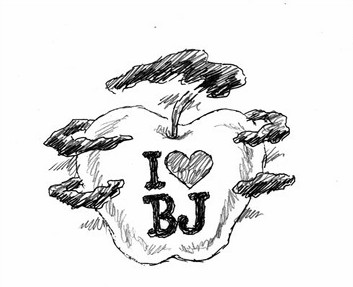 |
| Illustration: Peter Espina/GT |
I come from New York, which I consider the greatest city in the world. My Beijing friends disagree, while the Shanghainese discount us both.
In Beijing, you are lucky if two out of seven subway turnstiles work. Only one ticket machine will accept your bills, but at least it is better than the three other machines out of service; it's no wonder lines are so long.
Lines of subway commuters are shorter at any Shanghai station's five operational ticket machines, four of which take bills. All the turnstiles function properly, too. But Beijing's 2 yuan fare ($0.30) is about half of what you pay in Shanghai, so you get what you pay for.
Throughout Beijing there is an air of unkemptness. An unused soccer field lies behind the Forbidden City's walls. I can't grasp the logic behind the main roads and chaotic cycling lanes, nor understand why the din of bullet-train passengers traveling from Shanghai to Beijing grows noisier the further the journey progresses.
Beijing's shortcomings make it seem real, human.
Its people are tall and down-to-earth. Locals' dialect, dripping in the "er" sound, is filled with colorful phrases and turns of the tongue.
By comparison, the Shanghainese' higher-pitched dialect and smaller physique blend with delicate Western architecture in their city's French Concession. The cultural fusion and Shanghai's status as the country's economic capital make it mystical but too superficial for me.
I first glimpsed Beijing last year against its mountainous backdrop at the airport and instantly felt its powerful cultural aura. I had peered at Shanghai from my uncle's car through night clouds, its lights brighter and more numerous than those in Beijing; a scene looking forward rather than backward.
Hollywood appears to have realized this feature of Shanghai, with blockbusters Code 46 (2003), Looper and Skyfall (both 2012) including scenes featuring Pudong's glittering skyline.
The iconic Tiananmen Square, Forbidden City and Temple of Heaven lie at the heart of Beijing's metropolis.
On my first night in Beijing last year, my room's small window would have overlooked the Temple of Heaven had there been no skyscrapers to obstruct the view. When I visited the temple the next day, its massive stones reiterated its historical foundation.
But my greatest impression of Beijing came from the genuine care shown by my roommates, taxi drivers and strangers. Beijingers enhance life in the city with their hospitable attitude. Whether you are the relative of a parent's friend or even a distant friend of a friend, newcomers are warmly received.
In Shanghai I found fantasy, but in Beijing I found reality.
Stories of young people struggling for success in TV dramas are often set in Beijing, with Beijing Love Story and Beijing Youth as key examples. Beijing offers a snapshot of China, much like New York does of the US.
Waiting for 20 minutes outside the Xidan Mingzhu Market in Beijing, I grow dizzy at the sight of hundreds of young shoppers. Not all the styles fit perfectly, and the polluted air dulls the colors.
From subway Line 13 overlooking the Beijing Railway Station, I see hundreds more people marching like oversized ants on the platform. A few minutes later, the train doors open and I am crushed in the subway carriage.
"Isn't Beijing a great city?" a local casually asks me. "You're from New York, another great city. Perfect!"

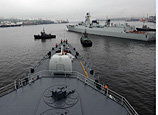


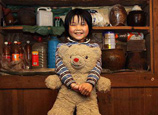
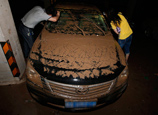


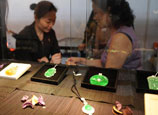
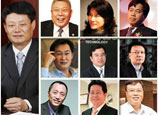






 Rainstorms flood more than 10,000 cars in underground garages in Wuhan
Rainstorms flood more than 10,000 cars in underground garages in Wuhan


![]()
